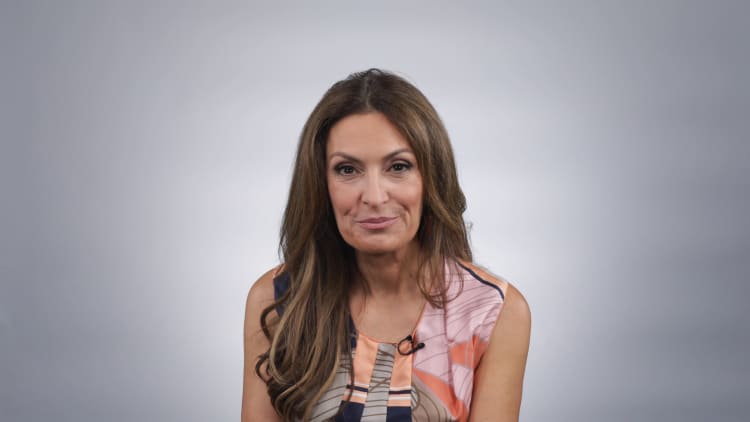Changing careers is difficult, lonely, daunting and expensive. I should know: After a decade in advertising, I switched to journalism in my mid thirties, which not only meant starting at the bottom (one editor helpfully pointed out that I was "the oldest intern ever") but also halved my pay. It took me four years to catch up.
I pressed on because it was the right move, and it worked out. But there is always a niggling worry at the back of my mind: What happens if my job vanishes? I hope and trust it will not, but news organisations, like many sectors, are in a state of constant disruption. Should I work on a back-up plan?
More from the Financial Times:
The rise of the remote personal assistant
Business schools take a playful approach to leadership
All about my mother: a lifetime's collection of vintage pieces
More of us must be doing just that. In the U.K., official data show we are increasingly likely to resign voluntarily. A survey by Investec found more than half of Brits were planning to change career in the next five years. In the U.S., according to a study by LinkedIn, young workers now switch jobs, though not necessarily careers, four times in their first 10 years after graduation.

Thanks to automation and the forces of globalization, working life is impermanent and unpredictable, and will only become more so. That is daunting, but it is also liberating. We are increasingly willing to take control.
For today's business education graduates, especially those on broad-based, multidisciplinary programs such as masters in management, now might be the most exhilarating period in decades in which to start a career.
Graduates could opt for a well-paid job in, say, finance. If they are lucky, they can expect to sprint from their mid twenties before hitting a career peak in their forties. If they are unlucky, they will be pushed out by automation.
Alternatively, and in full confidence that they are making a rational decision as artificial intelligence encroaches on the work of juniors, graduates may decide to take the long view, try a slower route and see if it works out. Starting a business, perhaps, or experimenting with a sideline or two.
They may decide to do both, and this is likely to turn out to be the safest option of all. Recently I met a woman in her fifties who had done just that. She will soon qualify as a lawyer, her fourth career, and was looking forward to a long stint. She struck me as unusual for her generation: She was in her early fifties — an age at which, in the recent past, many older baby boomers were thinking about retirement.
An early academic career had led to museum work, and by her thirties she was curating exhibitions at leading international galleries in London and Berlin. Curating, she explained, is a precarious profession. So later, in her forties, she developed a sideline — teaching the practicalities of entrepreneurship to art undergraduates.

This turned into a fascination with intellectual property law. At 46, she started grueling legal training. Years later, she is now a trainee for a boutique IP firm in the City of London. In another year or so she will be qualified. Would it be her last career? She couldn't say.
I asked why she had refreshed her professional life so often. She had lived with uncertainty, which was a spur, but more important was satisfying her curiosity. One discipline and career was not enough at any one time, let alone for an entire working life. Accumulating wealth did not preoccupy her. There was no time: She was thinking about her next challenge. She was a perpetual self-improver.
To me, this sounds like an exemplary way to approach working life. But for those still daunted, there is guidance. In a new FT Work & Careers series this month, my colleague Emma Jacobs interviews people who have made similar professional transformations to discover how and why they did so.
This season, there are plenty of new books to help you too. My favorite is Dorie Clark's "Entrepreneurial You," published this October. The Duke University Fuqua School of Business academic explains in clear, practical terms how to build a portfolio of revenue streams to liberate yourself financially.
Many of us with jobs live with the impermanent nature of work. It makes sense to seek protection by reinventing ourselves before someone else decides we are dispensable. I started over once, and would be prepared to do it again. In this world, planning for multiple careers is the only rational response.
Like this story? Like CNBC Make It on Facebook
Don't miss: These duck boats are delivering medical supplies and rescuing Harvey victims
This article was originally published on the Financial Times.


